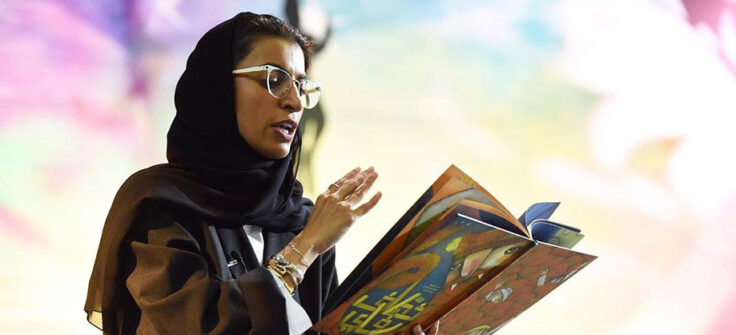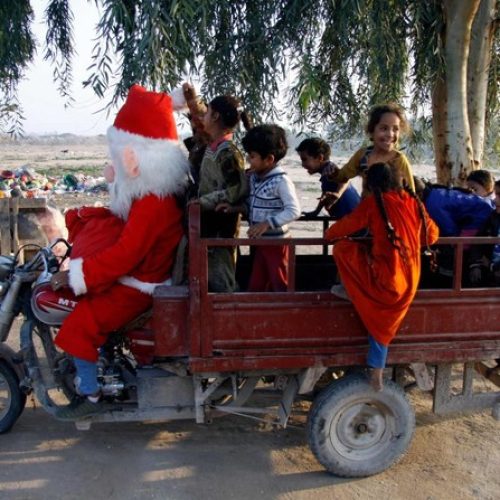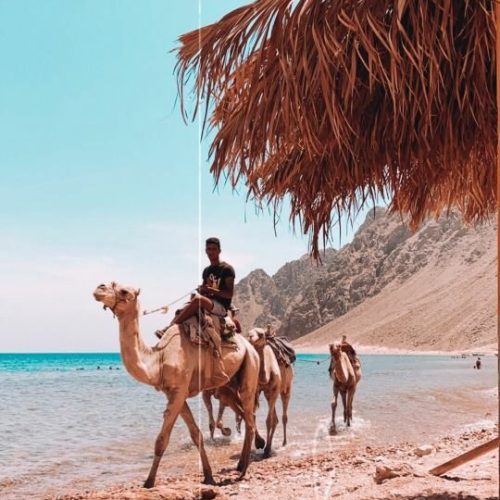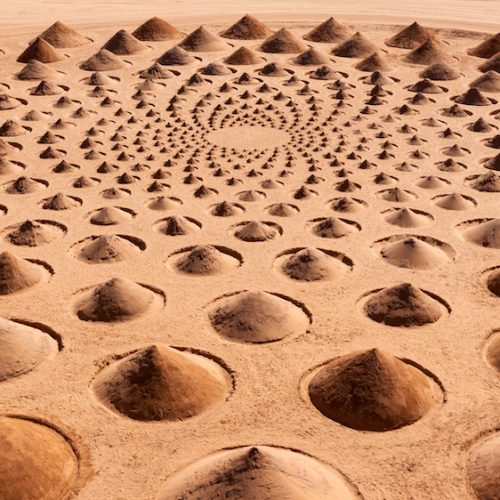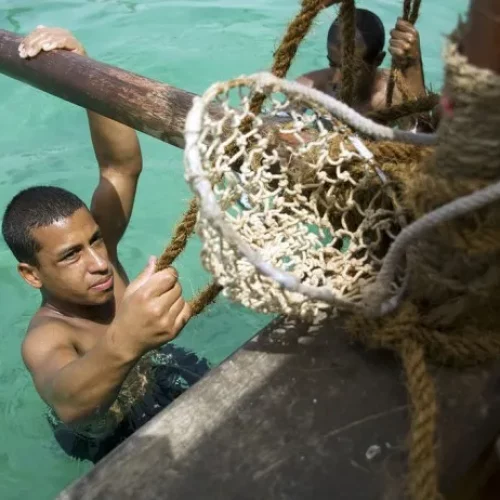Recently, Arab women have been increasingly participating in political decision-making throughout the region as well as in the West.
Whether in Cairo or Tunis, the high visibility and mobilisation of women has (finally) led to the politicization of women’s rights. But Gulf countries are also leading the wave, with the UAE landing first in the wage equality indicator in the region, according to the World Economic Forum’s Global Gender Gab Report 2018. Earlier this month, Sheikh Khalifa has announced that women would occupy 50 per cent seats of the country’s Federal National Council (FNC), in a bid to make important progresses in tackling inequality between genders.
Huge investments have been made to promote female empowerment and transform the UAE into a major cultural hub. And at the forefront of this movement is HE Noura Al Kaabi, Minister of Culture and Knowledge Development, named in 2014 as one of ‘Forbes Middle East’s 30 Most Influential Women in Government’. The 39-year-old woman— who also previously held the post of Minister of State for Federal National Council Affairs— has overseen many major cultural initiatives, such as the launch of the national orchestra, the ‘Cultural Dialogue’ initiative at the Louvre Abu Dhabi between France and the UAE and the opening of Jameel Arts Centre in Dubai, to name but a few.
Voir cette publication sur Instagram
Such a wonderful individual My dear friend Françoise Nyssen, Minister of Culture of France
Une publication partagée par Noura AlKaabi نورة الكعبي (@nak) le
We caught up with the pioneering minister to find out how she aims to support the creative industries, what she thinks of the perceptions of Arabs and who are the artists we should keep an eye on.
More and more young Arabs are interested in careers in the art and culture when in the past those careers were not deemed worthy. How do you want to encourage them?
Last November, I went to the inauguration of the Fikra Graphic Design Biennial in Sharjah. My colleague and I were walking and we were looking at the covers of the old magazines of the UAE, and one of the oldest pages featured an Emirati artist who was saying that being an artist is not shameful. We’re talking about covers from the seventies here! For you to elevate a job you have to elevate an industry, it’s as simple as that. Our job in the Ministry is to find ways to elevate the industries by having the enabling policies.
How do you make that happen?
It’s a matter of time. So far, it has been one year since my appointment as a Minister, and yet again it’s how you build up on that and how many things you can do. Time is a challenge, yet opportunity is what allows us to do many things at the same time. Our job can’t be done without collaborating without people and private entities. It always has to be collaboration.
Despite the blossoming cultural scene in the region, perceptions of Arabs in the world are still rather negative. What do you think about that?
I often discuss the perception of cultures with my friends and family. There are many elements explaining these negative perceptions. The first one is ignorance and not knowing what the Arab and Islamic culture is. Then you start asking yourself, “why is it this way?”. This region is complex, but most importantly it is the birthplace of the three monotheist religions; it is where civilizations were born. I think the media plays an important role is spreading the negative perceptions.
Do you nonetheless feel like things are changing?
I am very much optimistic with the new generation of Arabs and very enthusiastic about places like MILLE, where you can see these artists being finally represented and their stories being told. We are living in a very interesting time where the youth is very active and our job is to see how we can help them and take them to another level.
Who are the Emirati artists you believe we should keep an eye on?
There are many and I don’t want anyone to feel left out. I am very impressed by the work of Shaikha Al Mazrou, Khalid Shafar who is a furniture designer now commercialising his products, designer and architect Abdalla Almulla, jewellery artist Alia Bin Omair, Alia El Mazrouei, and all of them really.
Where do you see Emirati art going in the next years?
We’ve already seen a lot of thing happening in this field and it’s time for us to start understanding what are the gaps and niches that we can work and focus on with our local partners to take things to another level. I see the Emirati creative scene being ahead of everyone else in the region.





